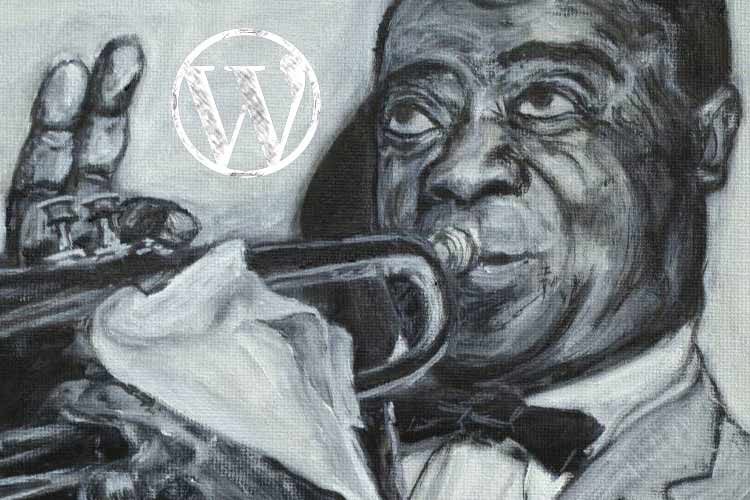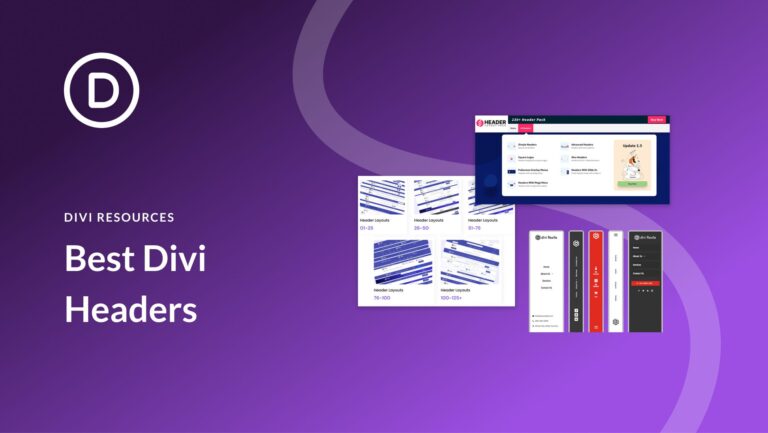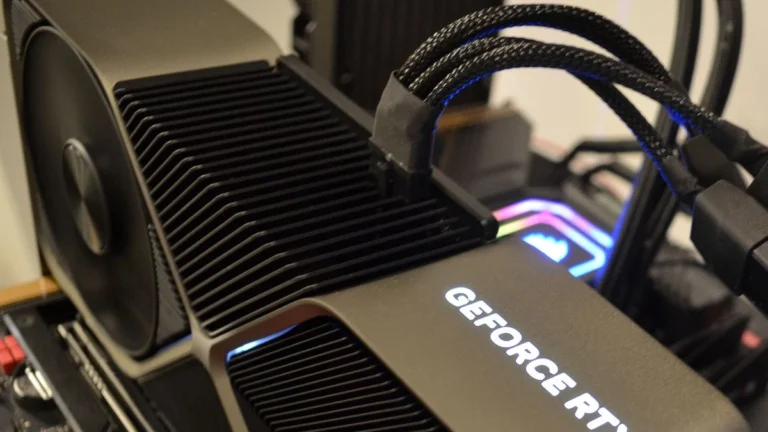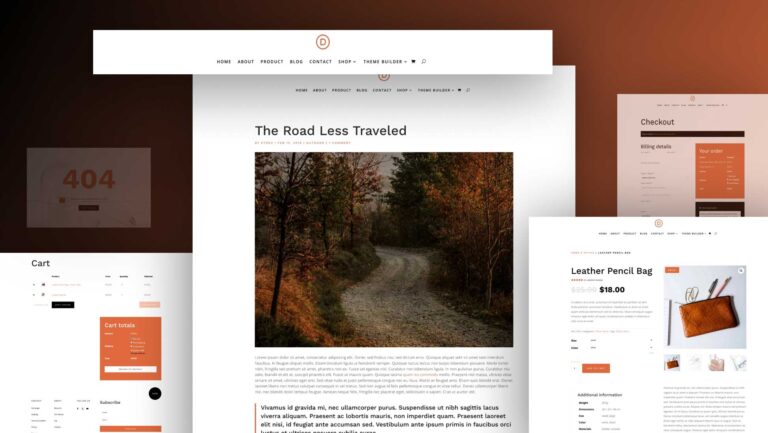
For years Brandon Eley’s online shoe company, 2BigFeet, prospered by reselling prominent brands. But the profit margins slowly narrowed as did the sources for large footwear sizes, Eley’s niche.
The solution is Michael Ellis Footwear, Eley’s direct-to-consumer brand, launched in 2021. “We finally decided to take matters into our own hands,” he told me.
In this second appearance on the podcast, he and I discussed the evolution of 2BigFeet, the launch of Michael Ellis, custom manufacturing, and more. Our entire audio is embedded below. The transcript is edited for clarity and length.
Eric Bandholz: Tell us about your business.
Brandon Eley: I started a company 24 years ago that sells shoes to guys with big feet, up to size 21. It’s called 2BigFeet. Our most popular sizes are 16, 17, and 18.
We added Michael Ellis Footwear, our own shoe brand, in 2021. We have been selling roughly 40 other brands for years. It’s always been a struggle to find items that our customers want. We beg and plead with manufacturers, these big national, international brands, multi-billion dollar companies. But they will not invest in extreme sizes and widths for the popular style. After years of begging, we finally decided to take matters into our own hands.
Bandholz: Are custom shoes an option for extreme sizes?
Eley: The cheapest custom shoes we’ve seen are around $600 a pair. They’re handmade leather soles, hand-stitched with hand-cut leathers. The manufacturers make cardboard templates and cut the leather by hand. It takes a long time, many months. They’re ugly shoes, not anything a young guy would want to wear.
Parents call us desperate to find shoes for their kids. Clothing is a problem if you’re 6’8″, 300 pounds, with an enormous foot. It’s hard on a lot of these kids going to school. We empathize with them. Those sizes — 21 and higher — are not huge moneymakers, but we want to say we’ve got shoes for everybody.
Bandholz: So anyone sized 21 and up has a limited choice.
Eley: Yes. To my knowledge, Bogs is the only company besides us that makes a 21. The rumor is it’s for Shaquille O’Neal, the basketball player. He’s reportedly a 23, but that’s in Nike, and they’re not true-to-size. Shaq, or somebody like Shaq, wanted a pair of hunting boots, and Bogs made them. They already went to 18 and now have sizes 19, 20, and 21. But that’s it. And it’s only in medium width.
We make ours in four widths: medium, wide, extra wide, and extra-extra wide. And then each whole size up to 25.
Bandholz: How do you know they won’t sit in inventory, unsold?
Eley: We order only a few pairs of each color, size, and width. We know the customers who will buy them. It takes a while to manufacture those units, and then they sit on a boat for a month and a half. We don’t want to be out of stock for long, but we’re also not going to order a dozen pairs of each.
It’s a small market. There’s a good chance we’ll never recoup our initial mold costs on sizes 22, 23, 24, and 25. Again, that’s not the goal. We want to be known as the company that has shoes for everybody with big feet.
Bandholz: You’ve found a niche.
Eley: We fell into it. My former business partner has big feet. It was a struggle for him, but that was the idea for our business. Building a successful footwear company targeting everybody, all sizes, would be much more difficult. There are thousands of those brands. Many are venture-backed and spend millions of dollars on advertising.
We’ve worked at our Michael Ellis brand for several years. It’s a slow and expensive process, and we’ve invested a lot of money. It’s a risky proposition, but we saw the margins shrinking in reselling name-brand products. We’ve been in business for 24 years. At about 18 years, making a decent profit with pure retail started getting harder. We’re a small family-owned business with fewer than 10 employees.
Bandholz: What are the lessons thus far with an in-house brand?
Eley: We started our manufacturing journey in India. We had intermediaries between us and the factory, not knowing what we didn’t know. We skipped a few steps in quality control and then tossed a good portion of the first container of merchandise. The quality was bad, and the sizing was off at least a third. And then the delays with the back-and-forth on creating samples, testing sizes, and, again, quality control.
We missed much of our fourth-quarter sales last year with our sneaker launch. The container got here on Cyber Monday. It easily cost us $150,000 in revenue. We still made money on them, but it will take time to turn that inventory because the first half of the year is much slower. That means less cash flow going into other styles.
We quickly learned the importance of personal relationships at the factories. The factories we work with now, in China and Brazil, are second- and third-generation owners, and the founders, their children, and their grandchildren are active in the business. They employ high-skilled workers — craftsmen and artisans.
Bandholz: Where can people buy your shoes?
Eley: Go to 2BigFeet.com. Our Michael Ellis brand is there and at MichaelEllis.com. We’re on Facebook, Instagram, and YouTube. I’m @beley on X.






